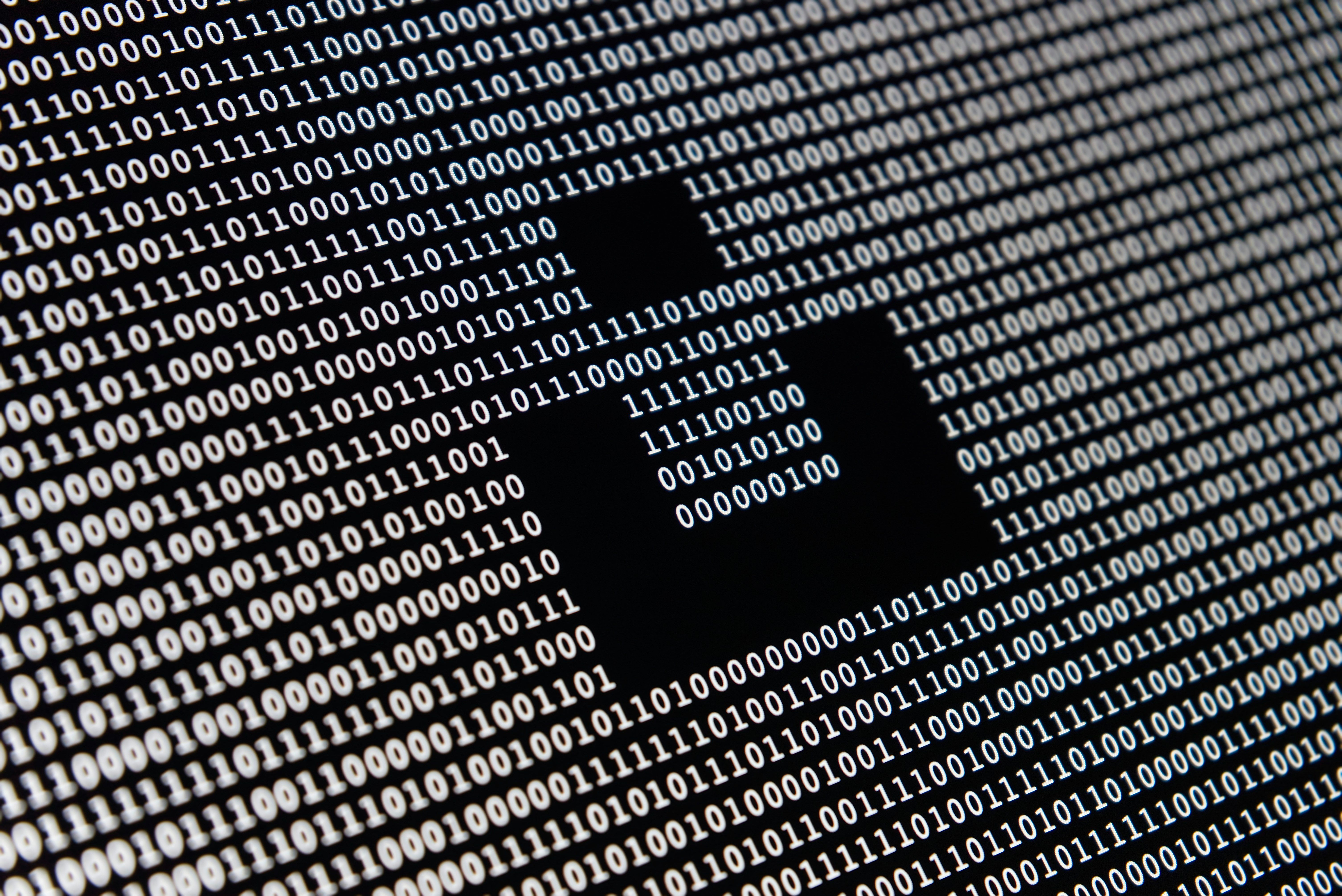Heavier Traffic in Southern Germany's Border Regions Due to Tightened Security Measures
Anticipated Gridlock at Border Checkpoints: Official Report
Here's a lowdown on what's causing those delays you've been experiencing on the roads:
Due to heightened border controls, expect some hold-ups in traffic around southern Germany, as per the Federal Police Union. These new measures are intended to minimize inconvenience for commuters and cargo transporters, but they'll still add to your travel time. Buses and compact trucks, in particular, are in the spotlight.
"Sure, delays are unavoidable," said Andreas Roßkopf, the union's head, speaking to the "Augsburger Allgemeine". The intensified border control is a directive from the new Federal Minister of the Interior, Alexander Dobrindt, who announced stricter checks at the German-Austrian and German-Czech borders.
"We're prioritizing commuter and cargo traffic, no doubt," informed Roßkopf. "But the stricter controls mean more border crossings and smaller crossings that used to be unstaffed will now be under scrutiny."
Long-distance buses have become a focus. "We flag these buses, and our folks board to inspect every passenger," Roßkopp explained. This process can certainly slow things down.
Adding to the congestion, small trucks are also on the controllers' radar. "Any vehicle that can transport multiple passengers and where you can't peek inside easily catches our eye," Roßkopp added.
Chancellor Friedrich Merz isn't viewing the intensified border controls as a solo German initiative. "It's all in line with European law, and our European neighbors are well-informed," said the CDU politician during a trip to Brussels. "We're just beefing up border security, much like we did during the football European Championship last year," Merz stated. "Nobody in the federal government, including myself, has declared a state of emergency."
Sources: ntv.de, chl/dpa
Key Points:
- Heavier traffic in southern Germany skyrocketing due to tightened border control measures.
- Long-distance buses and compact trucks are the primary focus.
- Chancellor Friedrich Merz assures it's a joint European initiative.
Insights:
- The beefed-up border controls are part of a broader European effort to tackle irregular migration, aligning with similar moves by countries like Austria, France, and Italy.
- Germany, as of May 6, 2025, deployed additional police officers to monitor and manage the increased influx of individuals at borders.
- The new hardline approach to immigration and national security could potentially impact the free movement within the EU.
- The Commission, led by Alexander Dobrindt, has also been involved in the stricter border controls in southern Germany, which has contributed to the general-news of congestion in the border regions.
- Bavaria, specifically their borders with Austria and Czech Republic, are under continuous scrutiny due to these tightened security measures, thereby causing delays for commuters and cargo transporters.
- The priorities of these stricter controls include long-distance buses and compact trucks, with controllers flagging and inspecting every passenger in buses and focusing on vehicles that transport multiple passengers without easy visibility.
- Chancellor Friedrich Merz stated these intensified border controls are a joint European initiative, following similar moves by other European countries, and are not considered a state of emergency.








